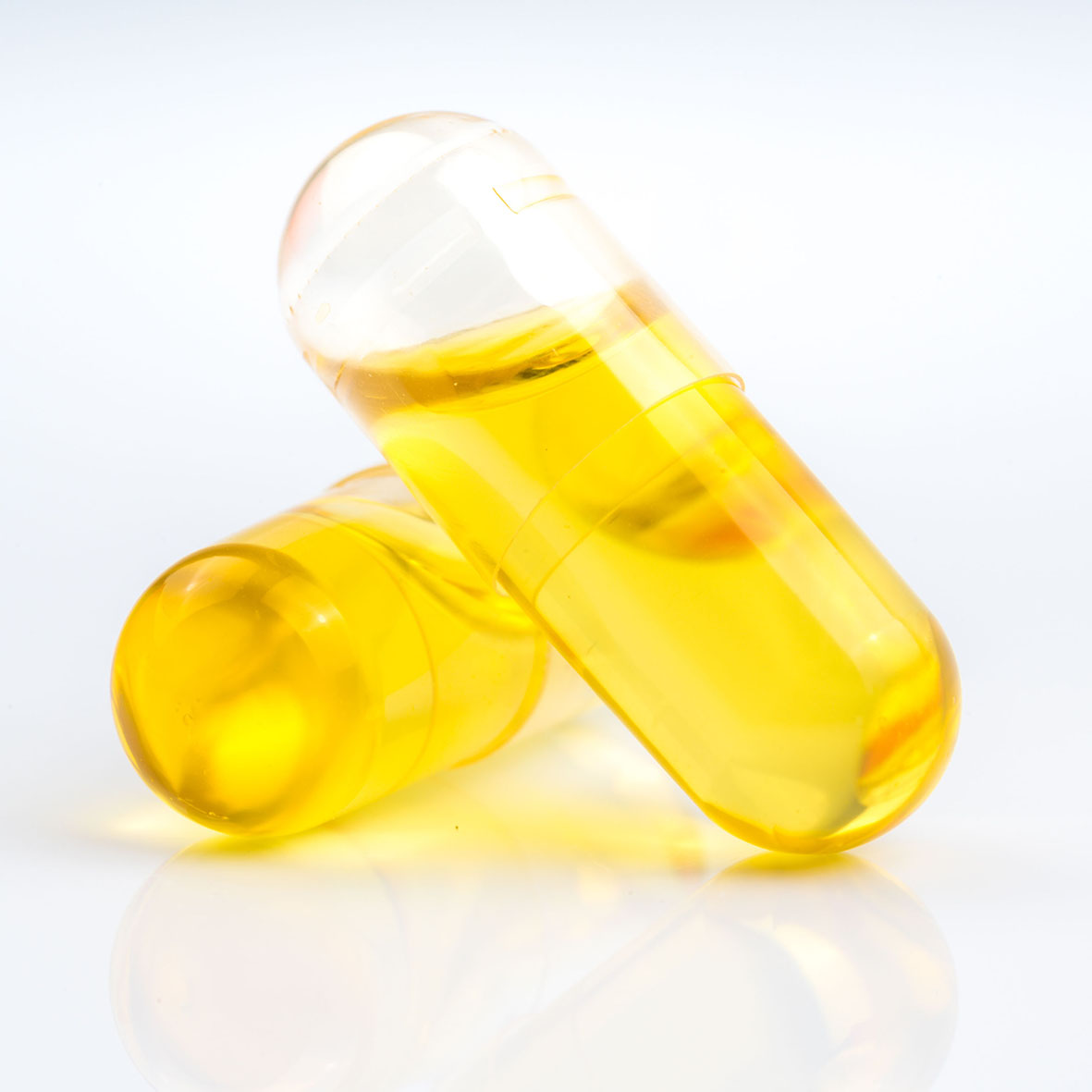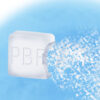Liquid capsule
Liquid capsule technology is an innovative drug delivery system designed to encapsulate liquid medications within a gelatin or other suitable shell. These capsules, often referred to as “softgels” or “liquid-filled capsules,” provide an alternative to traditional solid dosage forms like tablets or hard capsules.
The liquid-filled capsules typically consist of a shell made from gelatin or other polymers that encases a liquid or semi-solid formulation. The liquid content may include the active pharmaceutical ingredient (API), solvents, oils, or other excipients necessary for the drug’s stability and effectiveness. The shell is designed to be easily digestible, and it disintegrates quickly in the gastrointestinal tract, releasing the liquid contents for absorption.
There are several advantages to liquid capsule technology. First, it allows for the encapsulation of both hydrophobic and hydrophilic compounds, providing flexibility in formulating a wide range of drugs. The liquid form may enhance the bioavailability of certain poorly soluble compounds, promoting better absorption.
Liquid capsules also offer advantages in terms of patient compliance, as they are generally easier to swallow than large tablets or multiple pills. The liquid formulation may also contribute to faster absorption and onset of action, making them a suitable choice for medications where rapid effect is desirable.
Additionally, liquid-filled capsules can be used for sustained-release formulations, allowing for a controlled and extended release of the drug over time. This can be particularly beneficial for medications requiring a prolonged therapeutic effect.
In summary, liquid capsule technology represents a versatile and patient-friendly drug delivery system, offering advantages in terms of formulation flexibility, ease of administration, and potential improvements in bioavailability and therapeutic outcomes.



